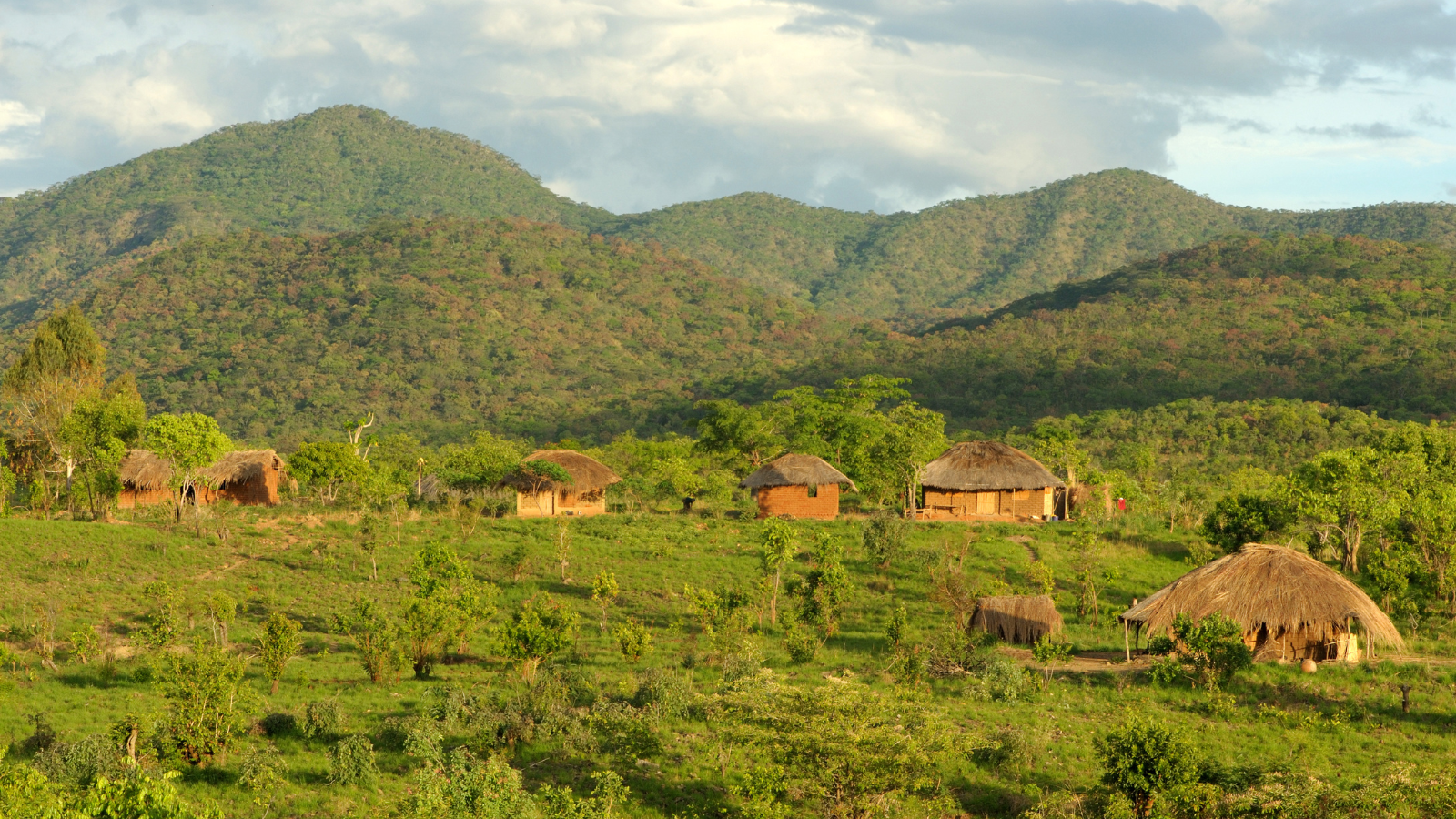The Global Center on Adaptation (GCA) announced its collaboration with the African Development Bank on the Inclusive Agri-Food Value Chain Development Program (PROCAVA), a US$105 million investment project supported through the Africa Adaptation Acceleration Program (AAAP). PROCAVA is designed to make Mozambique’s agricultural sector more competitive, inclusive and sustainable by integrating family farming and the private sector into productive value chains for poultry farming, including maize and soybeans.
PROCAVA aims to:
(i) Facilitate the establishment of a cohesive maize-soybean-animal poultry value chain, fostering increased production, streamlined processing, and expanded market access. The overarching goal is to ensure a lucrative return on investment and maximize profitability.
(ii) Strengthen the nation’s resilience and responsiveness to climate shocks through the implementation of climate-resilient infrastructure. In addition, PROCAVA will prioritize the adaptation of beneficiaries through the introduction of innovative solutions like Digital Climate Advisory Services.
(iii) Champion policy support and capacity-building initiatives to cultivate an enabling environment for the development of micro, small, and medium Enterprises (MSMEs). It will also simultaneously attract private sector engagement by creating favorable conditions for sustainable growth and development.
These objectives are in harmony with the Government of Mozambique’s endeavors to alleviate national poverty, boost agricultural production, and enhance employment opportunities, especially for the youth and women. These collective efforts have led to the formulation of the National Agriculture Strategy (PEDSA) and its corresponding National Investment Plan in the Agricultural Sector (PNISA – 2022 to 2027), falling under the broader umbrella of the National Poverty Reduction Strategy (PRSP).
As part of the project, GCA will:
Conduct in-depth climate risk analysis and vulnerability assessments to develop detailed maps and information pinpointing local conditions conducive to specific adaptation interventions within the value chain. This comprehensive data will encompass critical factors such as crop yields, weather patterns, seed systems, extension services, value chain production systems, soil quality, and agricultural technologies.
This information will be instrumental in identifying gaps, requirements, opportunities, and best practices to address climate-related challenges and enhance farmer resilience.
Identify the capacity needs of Digital Climate Advisory Services (DCAS) among extension staff and stakeholders. Conduct targeted capacity-building initiatives to bridge these gaps, facilitating the seamless deployment of digital climate advisory services and adaptation solutions within the integrated maize-soybean-animal poultry value chain.
Conduct a thorough farmer and seed market analysis to identify barriers hindering the widespread adoption of climate-resilient seeds among different typologies of farmers.
Establish a compelling business case and conduct ex-ante Return on Investment (ROI) analysis to support the scaling up of climate-resilient seeds across major value chains.
Undertake studies on adaptation investment options to facilitate the expansion of climate-resilient seeds by engaging agribusiness and private sector players. Establish connections with the Technologies for African Agricultural Transformation (TAAT) compact project in Mozambique and explore potential private-public partnerships. TAAT aims to raise Africa’s food output by 100 million tons and lift 40 million people out of poverty by 2025 by harnessing high-impact, proven technologies that boost agricultural productivity and mitigate climate risks to food security.
Conduct a comprehensive scan of the world’s largest global agricultural innovation network, CGIAR, and national systems to identify the spectrum of seed varieties available and assess their potential role in enhancing resilience within the agricultural landscape.
Commenting on the partnership, Professor Patrick Verkooijen, CEO of the Global Center on Adaptation said: “This partnership between the GCA and the African Development Bank through our flagship Africa Adaptation Acceleration Program signifies our commitment to addressing the unique challenges faced by Mozambique’s agricultural sector and underscores our shared vision for promoting resilience, sustainability and prosperity in the region.”
This blog was originally published by the Global Centre on Adaptation.


